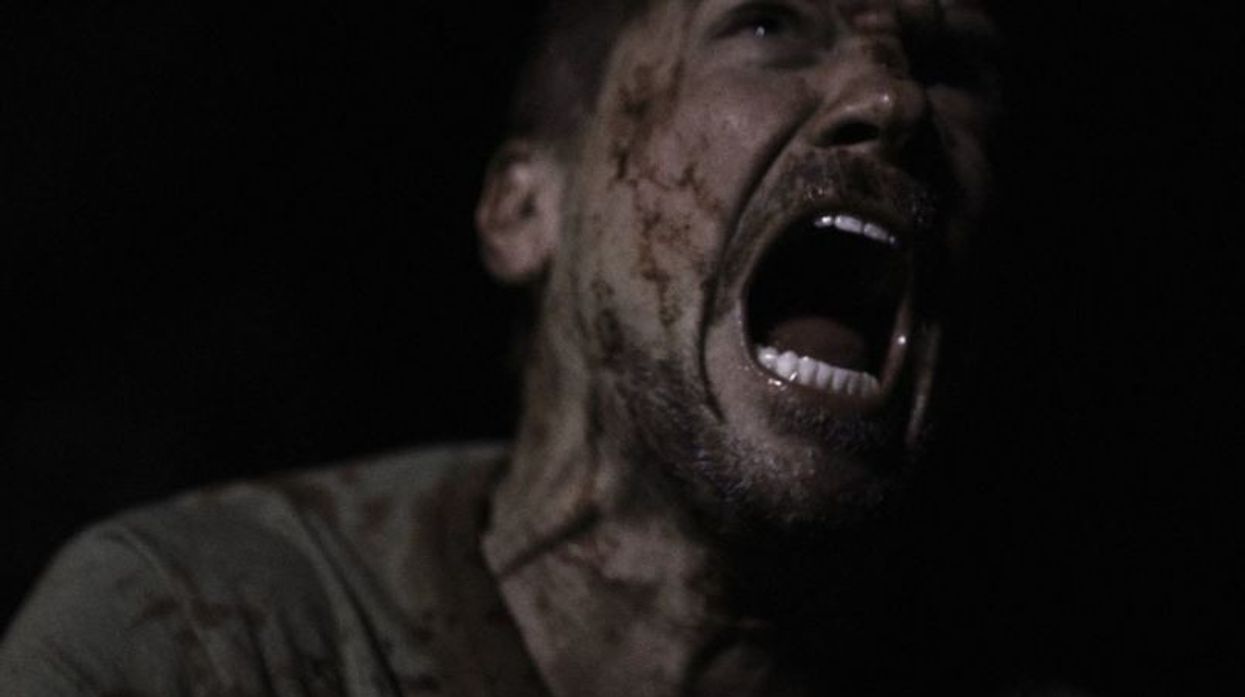Independent Film Must Lead at The Intersection Of Art And Activism
How can filmmakers lead the change in changing the world?

Corporatism, widening inequality and extreme weather have led to global unrest and inspired protests addressing systemic racism and climate change. These powerful movements have only strengthened during the pandemic as the disconnection between the people and the few in power becomes infuriatingly clear.
Just one year earlier, environmental activist Greta Thunberg burst onto the global stage, inspiring generations of youth and their allies to demand our leaders address our climate emergency. Meanwhile, according to a recent Deloitte study, “...the COVID-19 story isn’t so much “before and after” as it is “before and faster.”
Customer acquisition has accelerated, especially in paid streaming video, music, and gaming subscriptions. People have more time on their hands to watch, listen, and play games, and they are adding new services to get new content.”

It’s not just a moral imperative but also the most important and advantageous time for independent filmmakers to use their talents to address these injustices and inspire people to get off the couch and join the fight. The obvious format is documentary.
As Variety stated in November, “Key to the docu spike has been Netflix’s decision to enter the arena in a big way — and with a fat checkbook. When Amazon and Hulu followed, they helped raise the market value of documentary films to a new high.” Thanks to the streaming revolution, nonfiction films are in strong supply. Then there are filmmakers like us who primarily work in narrative. While more viewers have access to nonfiction films than ever before, narrative films and series are still king, and it is in narrative where filmmakers must make a stronger stand to creatively support these movements.

In our new feature film, Unearth, which just had its world premiere at the Fantasia International Film Festival, we wanted to address issues facing working-class families. Inequality, healthcare, teen pregnancy, self-harm, food, and water sources.
We chose to tell our story through a horror lens because the genre is best suited to deliver the wake-up call society needs. We want viewers to develop a connection to our characters...to understand the society we’re all complicit in creating by looking away for far too long and allowing corporate greed to take the wheel.
There aren’t heroes and villains in Unearth. Just flawed individuals, like all of us, with limited options like leasing land to a natural gas company in order to stay afloat. If your back was against the wall, and you had mouths to feed, what would you choose to do? Our marketing phrase “a fracking horror story” provokes an immediate reaction.
It’s our hook to pull in the viewer, and we certainly deliver on the horrific images and repercussions our families face, but in the end, their story is our story. Their mistakes are our mistakes. Our ultimate goal with Unearth is to provoke thought, self-reflection, and discussion. To hold up a mirror to society whether society is ready to look or not.

We’ve certainly heard the argument that viewers don’t want to watch stories relevant to the scenarios playing out around them in real life. This argument is false. Low budget horror films thrived this summer—on demand, in theaters, and at drive-ins.
Steven Soderbergh’sContagion reemerged and surged in popularity on digital rental platforms. A pandemic film surged during a pandemic. Horror surged in a horrific year. Success will vary from film to film, but living through our first pandemic case study, it is clear audiences can stomach stories that hit close to home. It’s time we tell more of them. We aren’t the first filmmakers to utilize the power of genre to reflect today’s society but we hope we will inspire others to become activists through their art. To join the fight themselves.
Entertainment value is not enough. Independent filmmakers can aim higher and also educate through their work. It’s the studio system’s survival that depends on playing it safe. We must continue to fill the void and shine our light on those people and stories often left out of Hollywood. It’s time to look and act; to right our wrongs through our films. To represent and inspire those in the streets.
For more information, head on over to Unearth's website.












